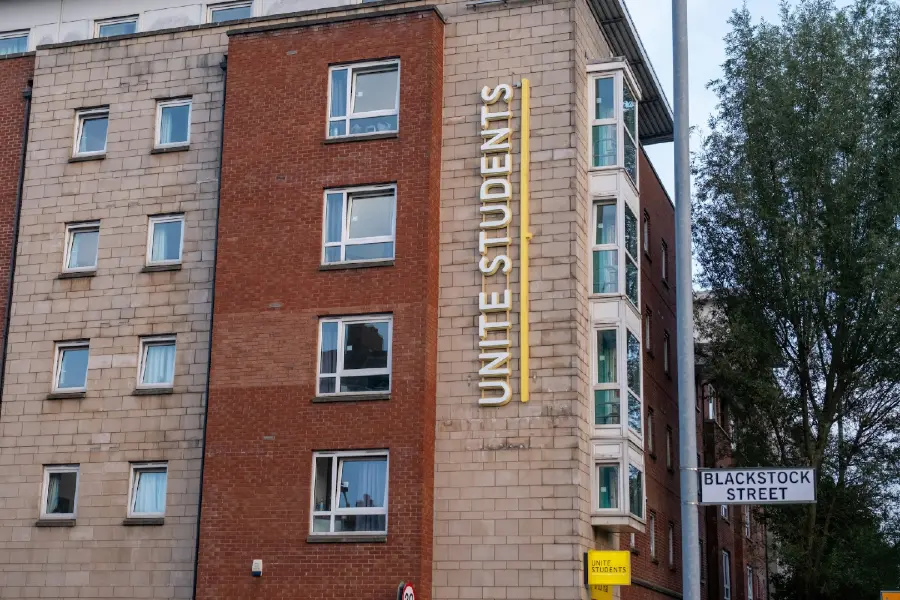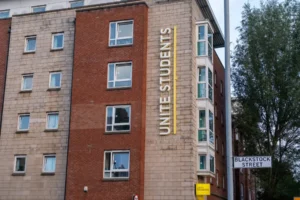In this exclusive interview with GBI Magazine, Praetura Investments’ partner Sam McArthur discusses the company’s approach to VCT investments.
Q: Could you give us an outline of what Praetura does?
We have been operating since 2011. We are predominantly based in Manchester in the north of England. Since 2011, we’ve undertaken two types of activity, one is investing in EIS or VCT-type companies, and the other is lending to businesses on an asset-backed basis, usually in fairly small lending amounts against hard assets. In our ventures, or EIS/VCT, business, we’ve invested in over 50 companies. On the lending side, we’ve now lent in the region of £900 million, in aggregate. I think it’s fair to say that we are experienced in both of those areas.
Q: Why have you launched a VCT?
We have undertaken EIS-type investing since 2011. In the early days, it was on a deal-by-deal basis. We achieved some excellent exits over that period. That almost naturally led to launching an EIS fund, which we did in 2019.
Our EIS fund’s creation in 2019 led to us dealing with more and more advisers. Our adviser facing activity has grown organically. The advisers who have enjoyed using our EIS fund have other clients who prefer VCT-type exposure. This could be because a VCT investment involves buying shares in a listed company rather than investing directly into a portfolio of unquoted buisnesses.
The reasons will be individual, but there was enough demand from those advisers for us to offer our services through a different vehicle, i.e. the VCT, which is what led us to launch one. The VCT market itself has seen some consolidation in recent times. Some of the more established managers have been acquired.
We saw an opportunity to enter a market that is growing in terms of the aggregate investment size, but also one where we felt that we had a real point of difference to most other participants in the sector because our main focus is on finding exciting growth companies in the north of England.
Q: Why did you choose the north?
We think that there’s a real opportunity in the north, which is backed up by facts and statistics. If you compare London to the north in terms of GDP and the number of companies, they are very similar.
Yet when you look at the number of venture capital managers in London versus the north, there’s a significant gap. Around 80% of the market is in London, whereas less than 7% is in the north. Then if you look at the amount of venture investment that’s happening in London versus the north, the gap is still unbelievably big. Around 60% of all venture money goes into London-based companies while around 10% goes into companies in the north.
This shows that despite there being a similar amount of companies, there is much less investment activity, which is advantageous for us. It means we have a better chance of seeing the most exciting businesses that are raising capital, and there is less competition because there’s less money being invested; therefore, we should be able to invest at a lower valuation than we would in an equivalent business in London.
Q: What does ‘More Than Money’ mean for founders and portfolio companies?
When you’re investing as a venture fund or manager, you’re giving cash to a business to help its business plan. Our feeling is that too many venture investors rely on the fact that the money should be all that’s needed. Our view is that providing the money is only one of the things you need to do.
If you look at the profile of your average venture investor, a lot of them are from financial backgrounds, so they’re accountancy-trained or legally trained. There is a smaller number that have real business experience.
We have intentionally recruited people who have real business experience and use one of those people to work on our behalf with the investee companies, to help founders solve everyday business problems.
These people have “been there and done that” in the world of business with some well known companies, which does not guarantee success but it shows the caliber of people that we’ve got working for us.
We’ve got Steve who was the CEO of AO World, Helen was the Chief Human Resources Officer of Dr Martens, Colin worked for Apple for a very long time and was CEO of Apple Japan and Apple Korea and led Apple’s retail business for the whole of the US, which, as you can probably imagine, is quite big. Another example is Siobhan, who was the Chief Legal Officer of JD Sports.
Our team therefore offer a range of skill sets, but more importantly, a founder or a management team can ask them for advice on matters that they have likely encountered during their careers in business.

Sam McArthur








![[uns] house of commons, parliament](https://ifamagazine.com/wp-content/uploads/wordpress-popular-posts/788182-featured-300x200.webp)






